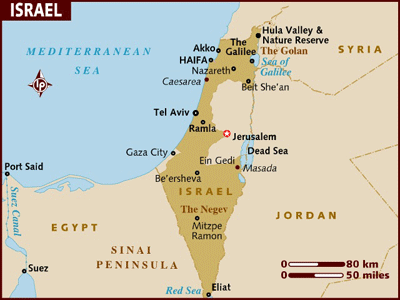Israel’s Unity Government
On October 12, Israel’s Prime Minister Benjamin Netanyahu formed an emergency unity government, receiving support from opposition leader Benny Gantz to manage the ongoing conflict with Hamas. This move is significant given the deep political divisions in Israel and Netanyahu’s polarizing presence in the country’s politics.
Unity Government in a Divided Landscape
Israel’s political landscape is characterized by deep divisions, and Benjamin Netanyahu, currently facing charges of corruption, remains a contentious figure. In 2021-22, a government was formed, uniting political rivals Naftali Bennett and Yair Lapid, with the primary objective of keeping Netanyahu out of power.
The Unity Agreement Amidst Conflict
Following the recent conflict with Hamas, Israel’s Parliament passed a unity agreement, bringing Benny Gantz, another critic of Netanyahu, and five members of his Blue and White party, into Netanyahu’s far-right ruling coalition. An emergency war cabinet was established, comprising Netanyahu, Gantz, and Yoav Gallant from the Prime Minister’s Likud party, with Gantz being a former army chief.
Functioning of the Unity Government
The unity government is designed to serve for the duration of the war, and the emergency war cabinet will be responsible for making pivotal decisions regarding the conduct of the conflict. During the conflict, no legislation unrelated to the war will proceed, including the controversial judicial reform advocated by Netanyahu’s government, which had previously sparked weeks of protests in the country.
Why Haven’t More Parties Joined?
Despite the formation of the unity government, several other opposition parties in Israel’s parliament have chosen not to join. This includes Yair Lapid’s Yesh Atid and smaller left-wing parties who have reservations about aligning with Netanyahu’s far-right allies. The Security Minister, Itamar Ben-Gvir, a hardline figure, remains a divisive presence.
Far-Right Allies of the Prime Minister
Netanyahu’s ruling coalition includes his Likud party, ultra-Orthodox allies, and a far-right faction that garnered substantial support in the last year’s elections. Notable figures in this coalition include:
Itamar Ben-Gvir: Head of the far-right Jewish National Front party, with a controversial history, known for provocations and confrontations, particularly at the Al-Aqsa mosque.
Bezalel Smotrich: Finance Minister, leading the Religious Zionism Party, advocating for the expansion of Jewish settlements in the West Bank, a move considered illegal under international law. Netanyahu’s support for bypassing legal processes for building such settlements has sparked controversy.
Month: Current Affairs - October, 2023
Category: International / World Current Affairs







